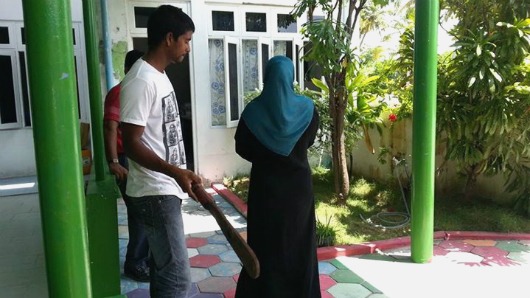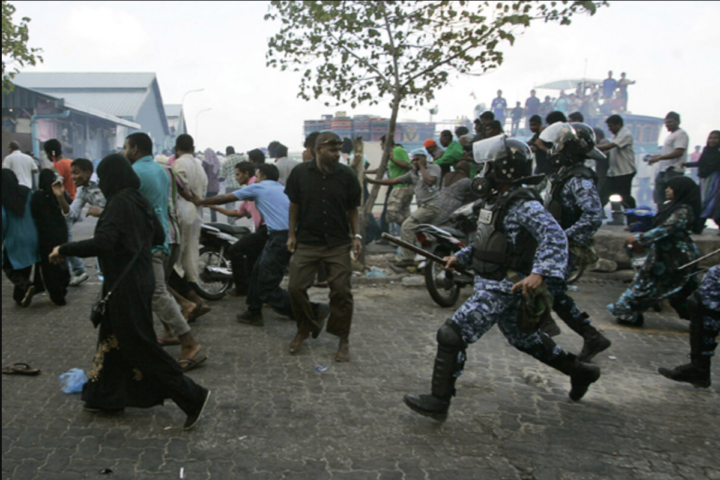MALÉ, Maldives — Despite significant judicial activity around cases of adultery, the Maldives continues to uphold its practice of flogging, drawing comparisons to similar practices in Aceh, Indonesia.
According to judicial statistics from the past decade, the Supreme Court of the Maldives has heard 33 cases of adultery, none of which have been proven. The High Court reviewed 51 cases, with only one remaining unproven. By March of last year, the Criminal Court had decided on 150 cases of adultery.
The traditional method of flogging in the Maldives has come under scrutiny. Hithadoo South MDP MP Ibrahim Nazil questioned the Criminal Court’s role in carrying out floggings, which traditionally should fall under the purview of the Correctional Service.
Prosecutor General Hussain Shameem explained that, although the court imposes the sentences, the execution has been delayed due to the absence of a designated flogger, locally known as “deyvaani.” The court recently announced a vacancy for this position, offering a salary and allowances totaling MVR 8,000.
The procedure of flogging in the Maldives is distinct. Unlike in Aceh, where floggings are known for their swiftness by a cane, Maldivian floggings are more prolonged.
In Aceh, a female flogging squad was introduced in 2020 to address concerns about the harshness of punishments delivered by male floggers. Aceh’s Sharia police assert that female floggers deliver punishments more appropriately, emphasizing guilt over physical pain. The Aceh Sharia police spend nearly $1,000 per flogging, highlighting the administrative investment in maintaining this practice.
In contrast, Maldivian court system use a leather tool for flogging with a wooden handle. (As seen in the accompanying image here.) The flogging tool has a saw blade enclosed by leather from both sides and riveted. This design is meant to minimize prolonged contact with the body, as the tool must return to its original position swiftly.
The flogging is a public spectacle, overseen by a judge who presides with evident pride. The flogger must maintain an areca nut in his armpit during the process to prevent excessive force, ensuring the punishment is meted out within prescribed limits.
Aceh’s experience with flogging has not been without tragedy. In 2012, a teenage girl died by suicide after being publicly apprehended and accused of prostitution. Another young woman met a similar fate after being flogged for having a boyfriend. These incidents have sparked ongoing debates about the morality and humanity of such punishments.
As the Maldives continues to navigate its judicial processes and societal norms, the debate over flogging remains a critical issue. With the appointment of a new deyvaani imminent, the future of this age-old practice stands at a crossroads, balancing tradition with calls for reform and humanity.












